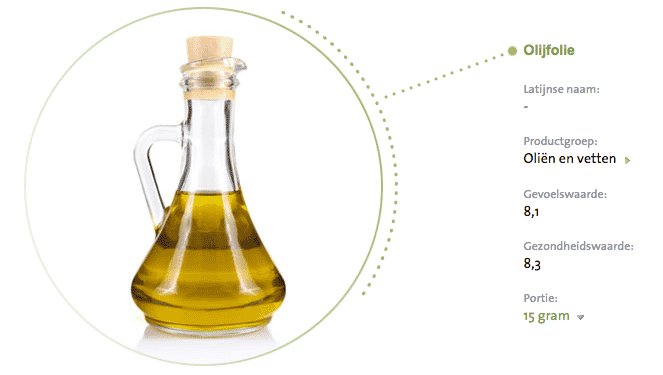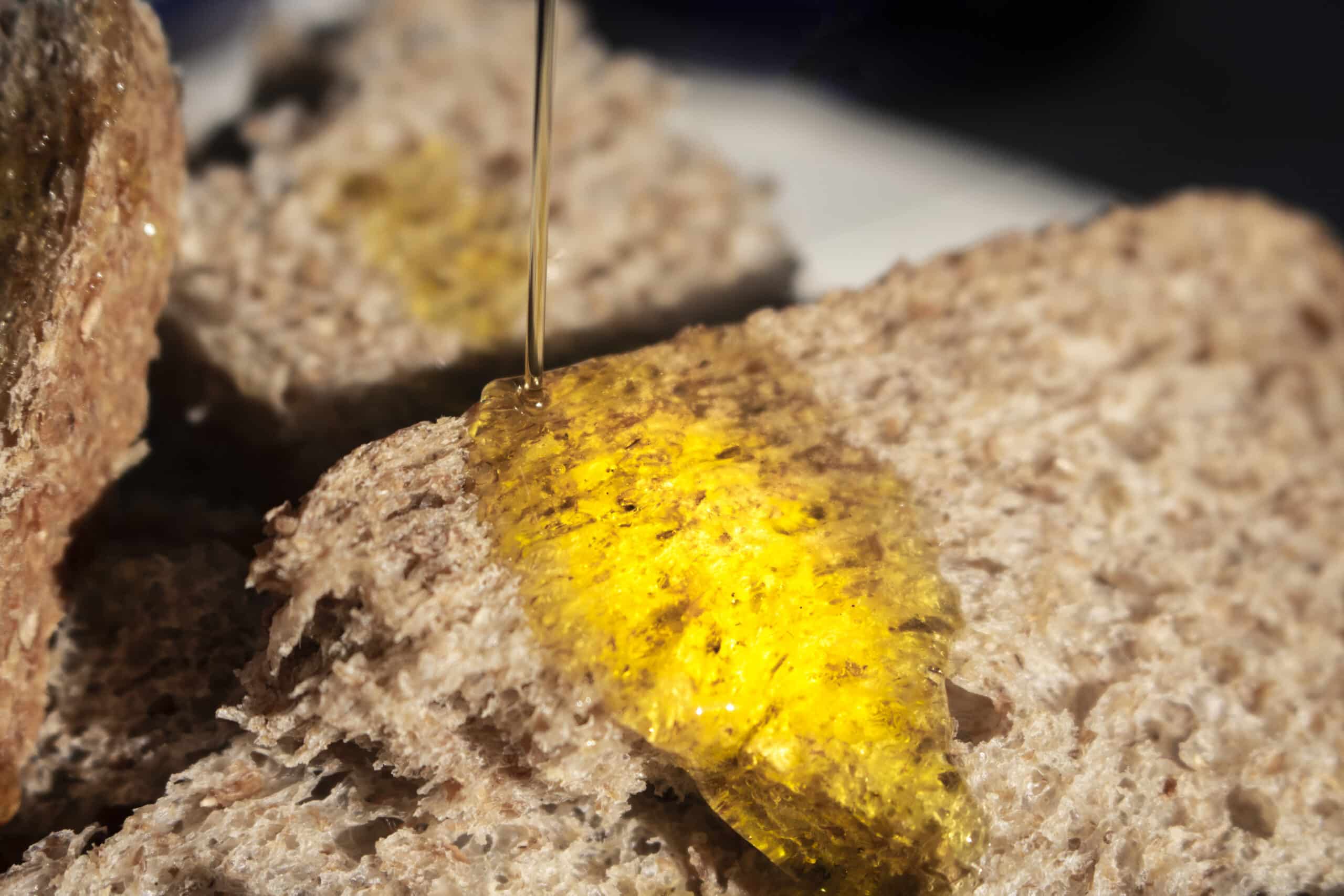Olive oil versus sunflower oil: what are their health benefits, and how do they differ? Which one is healthier? Both oils have been extensively studied, so don’t expect absolute answers—this is a concise guide highlighting the key facts side by side.
Olive oil vs. sunflower oil: good and bad fats
Olive oil contains several types of fats. About 10% of extra virgin olive oil is saturated fat, which is less healthy. Fortunately, Gkazas Olive Oil contains nearly 80% healthy unsaturated fats, including omega-3 and omega-6 fatty acids. According to the Dutch Heart Foundation, these fats are essential for a balanced diet. Unsaturated fats are linked to reduced risk of high blood pressure and lower cholesterol, both associated with heart disease. Research shows—as we previously wrote—that olive oil benefits heart health in multiple ways and lowers the risk of cardiovascular disease.

Sunflower oil is mostly unsaturated fat, about 85%, with 22% monounsaturated and 63% polyunsaturated fats. Some polyunsaturated fats, like linoleic acid, are essential because the body cannot produce them. However, sunflower oil has a high omega-6 content, which can promote inflammation if consumed excessively. Therefore, it’s recommended to limit sunflower oil intake.
Curious to learn more about healthy unsaturated fats?
Vitamins in olive oil and sunflower oil
According to the NEVO tables, olive oil contains nearly ten times more vitamin K than sunflower oil. Vitamin K is crucial for blood clotting and bone health. Olive oil also contains vitamin A, which sunflower oil lacks. Vitamin A supports the immune system and is often called the “anti-infection vitamin.” Learn more about the vitamins in olive oil.

Sunflower oil, on the other hand, is rich in vitamin E—about fifteen times more than olive oil. One tablespoon nearly meets your daily requirement. But remember: moderation is key; too much of anything can be harmful.
Olive oil or sunflower oil: antioxidants
Olive oil is known for its high content of antioxidants. Extra virgin olive oil is rich in bioavailable phenolic compounds with numerous health benefits. Sunflower oil also contains vitamin E, which acts as an antioxidant.

Cooking with sunflower oil or olive oil?
Both oils can be used for cooking. Olive oil is flavorful and healthy, while sunflower oil is mostly neutral in taste and also mostly unsaturated fats. One advantage of sunflower oil is its higher smoke point of 227°C, compared to olive oil which can safely heat up to 207°C. For higher temperatures, we recommend pomace olive oil, made from fresh pulp left after pressing extra virgin olive oil. Our natural process preserves nutrients, making it ideal for high-heat cooking. Want to buy pomace olive oil? We offer 5-liter cans and 1-liter cans.
Olive oil or sunflower oil, health score
The Nutritional Value Table assigns a health score to each oil: olive oil scores 8.3 and sunflower oil 7.2. No other alternative currently scores higher than olive oil.

Is sunflower oil healthy?
Sunflower oil contains about 85% unsaturated fats (22% monounsaturated, 63% polyunsaturated), is low in saturated fat, and rich in vitamin E. So yes, it’s healthy—but there are drawbacks. High omega-6 levels can promote inflammation, and production often involves heavy processing, high heat, and chemical agents. So, is sunflower oil healthy? Yes and no.

Is olive oil healthy?
Extra virgin olive oil is undeniably healthy. It contains 75% monounsaturated fats and 10% polyunsaturated fats, stable up to 207°C. It also provides omega-3 and -6 fatty acids (ratio 1:11), low saturated and trans fats, high vitamin E, and powerful antioxidants like polyphenols.

Conclusion: which is healthier, sunflower oil or olive oil?
There is no absolute consensus on which oil is healthier. Both extra virgin olive oil and sunflower oil provide health benefits. However, most supermarket sunflower oil is heavily processed, may contain trans fats, and has a poor omega-3 to omega-6 ratio. Using sunflower oil occasionally or in salads is fine, but olive oil is better for daily use. Extra virgin olive oil wins the health score battle with 8.3 versus 7.2. For more comparisons, check out olive oil vs coconut oil, olive oil vs rapeseed oil, or a full overview of oils. Ready to cook like a Greek? Grab our 5-liter can of olive oil now.
















